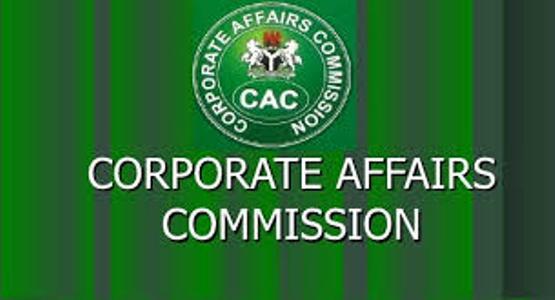Business
CAC To Remove 100,000 Companies From Database

The Corporate Affairs Commission (CAC) has announced plans to remove 100,000 companies from its database due to their failure to file annual returns.
The Registrar-General and Chief Executive Officer of the CAC, Alhaji Garba Abubakar, shared this news during a training event in Lagos on using the beneficial ownership register.
He stated, “CAC steps up enforcement of 100,000 companies to go off its register for failure to file an annual return.”
Abubakar explained that these companies have not filed their annual returns in the last decade.
However, the CAC will send a notice to the affected companies before taking action, as required by section 692 of the Companies and Allied Matters Act (CAMA), 2020.
The Registrar-General further elaborated that these companies could be relisted after paying their outstanding debts and obtaining a court order, as stipulated by law.
He advised companies to pay their annual returns on time to avoid being struck off.
During the training, Abubakar highlighted the first Beneficial Ownership Register in Africa, built by the CAC with support from the World Bank. He believes it will help combat corruption, money laundering, and terrorism financing.
The Registrar-General encouraged investigating agencies, legal practitioners, journalists, and civil society organisations to utilise the Beneficial Ownership Register in their work.
The Chairman of the Nigerian Bar Association Section on Business Law, Dr Adeyeye Adefulu, praised the CAC for reaching this important milestone. He promised to maintain the existing relationship between the NBA-SBL and the commission and urged members to apply the training’s insights to benefit the Nigerian economy.
The President of the Association of Bureau De Change Operators of Nigeria, Aminu Gwadabe, highlighted the role of the Beneficial Ownership Register in the fight against money laundering and terrorism financing.
He warned professionals about the dangers associated with these activities and urged them to practice due diligence when dealing with clients.










